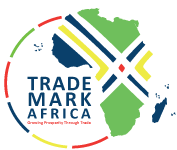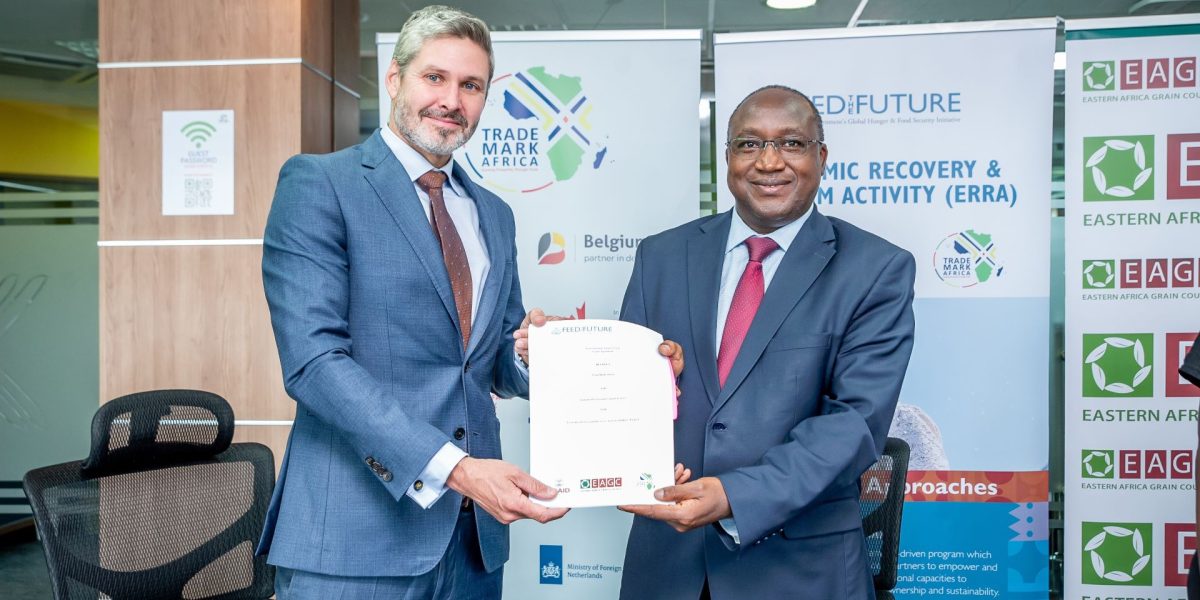The war against Ukraine has brought East Africa’s reliance on imported staples into sharper focus and exposed the systemic problems in the region’s food trade system. While Uganda and Tanzania are the food baskets for the region, exporting to other food deficit countries in the region, such as Kenya, challenges such as low farmer productivity, fragmented supply chains, high post-harvest losses, and a prevalence of informal trade contribute to sub-standard products and, consequently, food insecurity in the region.
A pivotal objective of USAID-ERRA is to support greater regional resilience and food security. In pursuit of this, USAID-ERRA has awarded the Eastern Africa Grain Council (EAGC) a three-year grant worth US$2 million. This initiative will tackle constraints in the ‘first and last mile’ by supporting more structured trade in staples, including maize, beans, millet, sorghum, and rice.
Planned interventions will take place primarily in Kenya, Tanzania, and Uganda, including:
- Spearheading innovative strategies such as the rollout of 100 Grain Business Hubs (G-Hubs) to provide outreach to 20,000 smallholder farmers to improve the quality and quantity of staples trade,
- Supporting SMEs to access new markets, leading to increased market access of 25,000 MT and the creation of 3,000 jobs, and
- Establishing a digital hub to provide real-time data, supporting evidence-based food trade policies, including national and regional food balance sheets.
This partnership was signed on January 23, 2024. To read the press release, click here.

